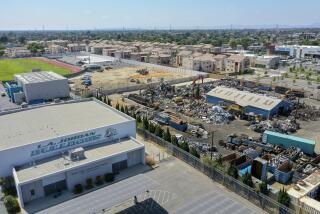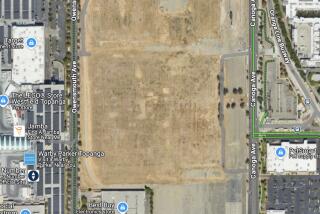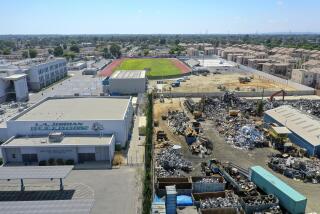Jet fuel dumped on schools, children sparks questions and outrage
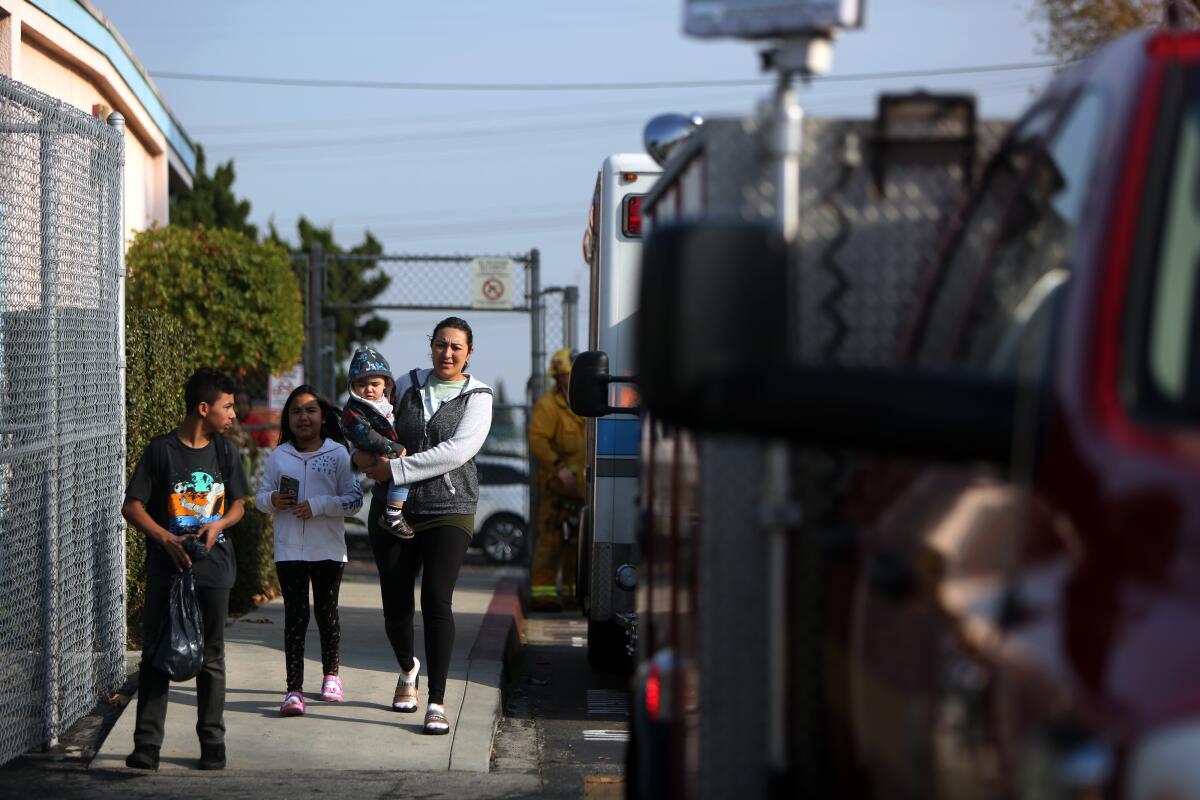
At Park Avenue Elementary School in Cudahy, Josue Burgos was outside in PE class when he felt drops landing on him and looked to the sky for rain.
He did not see storm clouds. He did see a jetliner flying ominously low.
He and his classmates realized the plane was dropping fuel on them and ran for cover.
At least 20 children were hit by the jet propellant Tuesday morning when Delta Flight 89 abruptly turned back to LAX shortly after taking off for Shanghai due to an engine problem and dumped fuel to reduce weight before landing, officials said.
Normally, pilots offload fuel at higher altitudes so that it evaporates before hitting the ground. This time, the Boeing 777 was 12 miles from the runway and low enough to shower the school and adjacent neighborhoods.
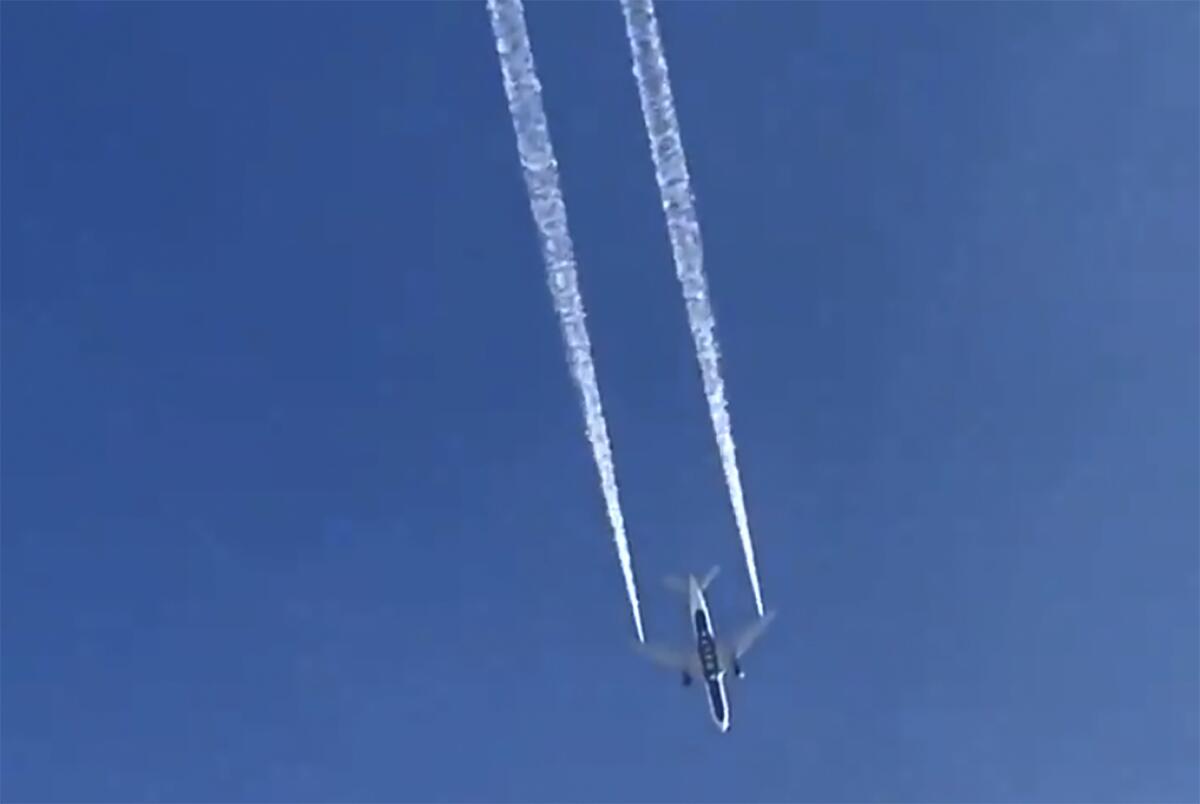
The Los Angeles County Fire Department said more than 70 firefighters and paramedics responded to the scene, and 17 children and nine adults were treated for minor injuries. Two classes had been outside when the jet passed over. No one was taken to hospitals.
In neighboring South Gate, six people at Tweedy Elementary School and six others at San Gabriel Elementary were affected, as was one adult at Graham Elementary School.
Josue said his clothes were soaked. “It smelled bad,” he said.
Sixth-grader Miguel Cervantes was hit by a small amount of the fuel on his arms and clothes. “I saw an airplane, and I thought smoke was coming out,” Miguel said. “Then when it got closer, I knew it was gas because a little bit fell on me.”
Miguel’s mother, Ana, received a call about the events and rushed over to Park Avenue. She said she “washed him with soap and changed his clothes and he seems fine.”
But the toxic smell — particularly in an area where industry has a long history of contaminating neighborhoods — caused alarm.
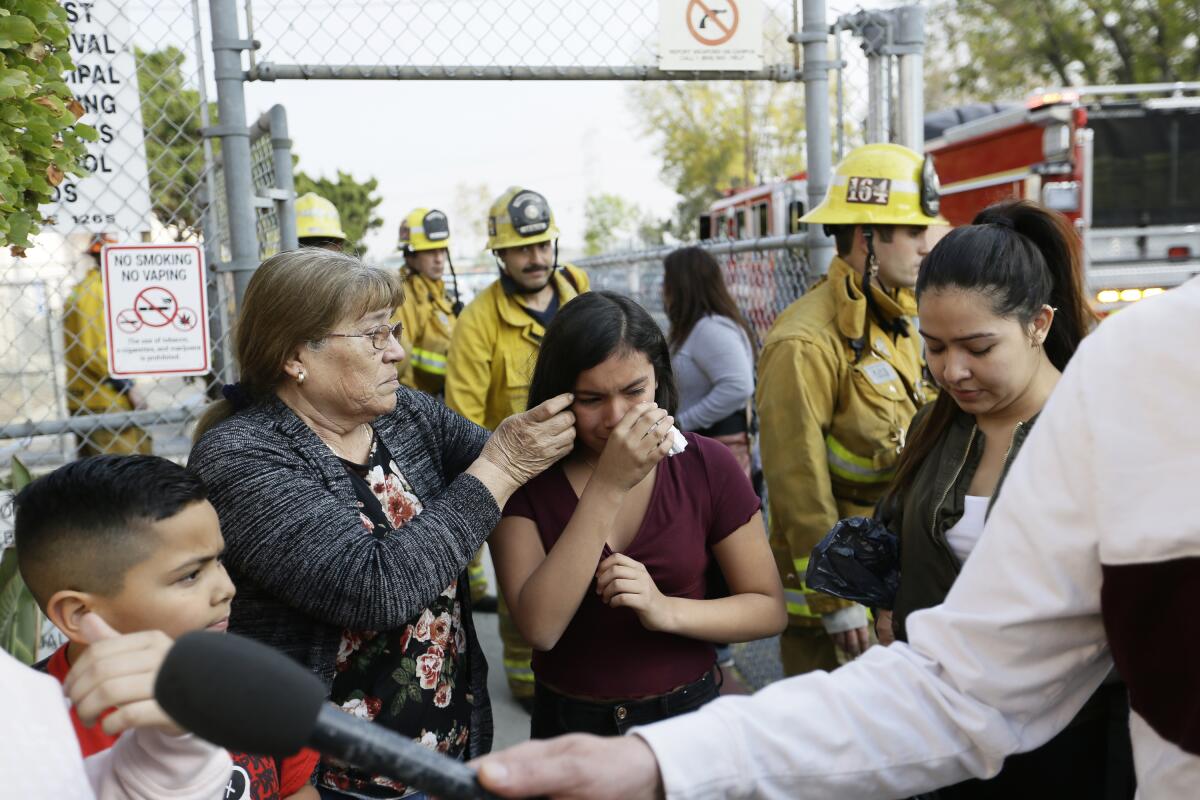
“You should have been here when it first happened,” said Francisco Javier, who lives across the street from Park Avenue Elementary, two hours after the fuel hit the ground. “You couldn’t breathe it was so bad. It’s still strong, but not as bad as it was.”
Javier was careful not to inhale too deeply, and relieved that his first-grade son was inside his classroom when the fuel hit. After assessing the situation at school, he headed back into his apartment to close and lock all the windows.
A block away, Freddie Contreras looked out his window and saw what he thought looked like glass crashing down outside his apartment.
Contreras raced outside, only to get hit by a noxious odor — coming from the roof, street and his white Honda Civic, all doused in fuel.
“I didn’t know what I was supposed to do, and I didn’t know what was going on, but I knew it was gas or something toxic,” he said.
It gave his sister-in-law Yesenia Pantaja a headache.

A Delta jet headed to LAX for emergency landing dumped fuel on a school playground, causing skin irritation to 20 children and nine adults.
“It’s the fuel,” Contreras said. “I want to leave, but I don’t know if I can drive my car. I don’t know if it’s safe.”
Ross Aimer, chief executive of Aero Consulting Experts, said fuel dumping was very rare and used only in case of emergencies if pilots have to reach a safe landing weight, as was the case in Tuesday’s incident.
“Most pilots choose not to dump fuel unless the emergency really dictates it,” Aimer said.
Among the emergencies would be landing gear that is not functioning or would otherwise make it hard to control the plane.
When pilots dump fuel, they typically try to do so above 10,000 feet and over water, Aimer said.
He said the pilot might have been in the final stage of dumping fuel as the plane was descending toward LAX. He added that, although he didn’t know what emergency prompted the pilot to turn back, there was a good chance he or she made an error.
“I don’t remember anyone dumping fuel over population,” he said.

Communications between air traffic controllers and the Delta pilot raise questions about why fuel was dumped over Cudahy roughly 20 minutes into the flight.
The Federal Aviation Administration is investigating the matter.
“There are special fuel-dumping procedures for aircraft operating into and out of any major U.S. airport,” officials said in a statement. “These procedures call for fuel to be dumped over designated unpopulated areas, typically at higher altitudes so the fuel atomizes and disperses before it reaches the ground.”
The Delta jet was carrying more than 140 passengers and landed safely at LAX after shedding the weight just before noon. Police cars trailed it down the runway, sirens wailing.
Cudahy officials demanded answers about why the fuel was dropped over the school.
Newly appointed Mayor Elizabeth Alcantar said the school was next door to Cudahy City Hall.
“I’m very upset,” she said in a phone interview. “This is an elementary school, these are small children.”
The incident rattled the community. Environmental injustices have long taken place in southeast Los Angeles County. For years, activists and residents fought for the closure of a battery recycling plant in the industrial city of Vernon because it emitted cancer-causing arsenic and lead, a potent neurotoxin, into nearby cities.
It was only five years ago that the plant was closed.
In the 1990s, Park Avenue Elementary School was closed for eight months because a tar-like petroleum substance seeped from the ground. The school was built on an old city dump site that contained contaminated soil with pockets of the toxic sludge.
“Why is it always our communities having to deal with the brunt of these issues?” Alcantar said.
The jet fuel incident has raised questions about environmental safety and the flight path over Cudahy and other cities.
“Sadly, our entire community has been adversely impacted by this incident, including dozens of children,” Cudahy City Councilman Jack Guerrero said. “I am calling for a full federal investigation into the matter, and expect full accountability from responsible parties.”
Times staff writers Samantha Masunaga, Jaclyn Cosgrove and Joe Mozingo contributed to this report.
More to Read
Sign up for Essential California
The most important California stories and recommendations in your inbox every morning.
You may occasionally receive promotional content from the Los Angeles Times.
